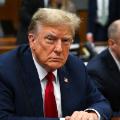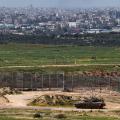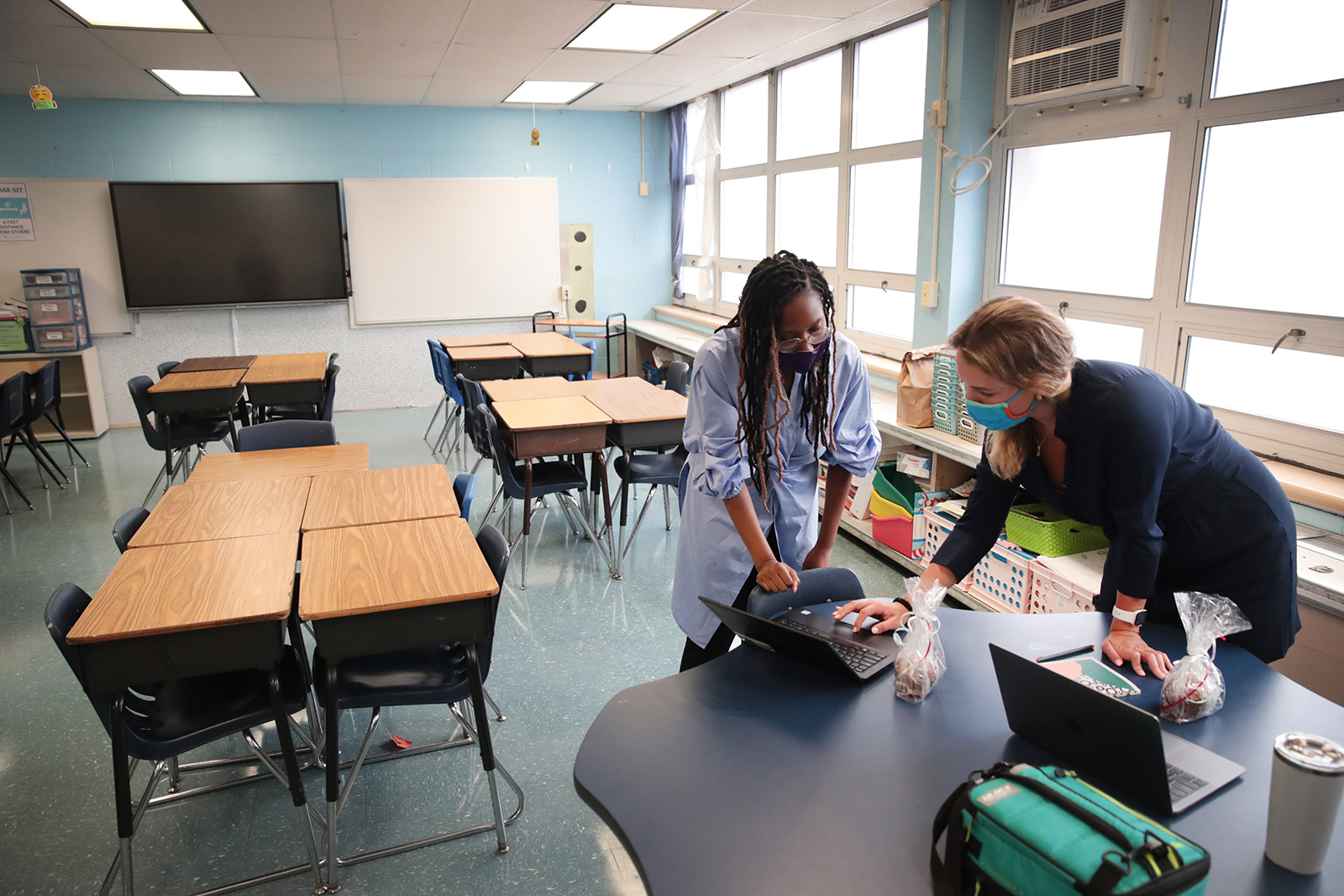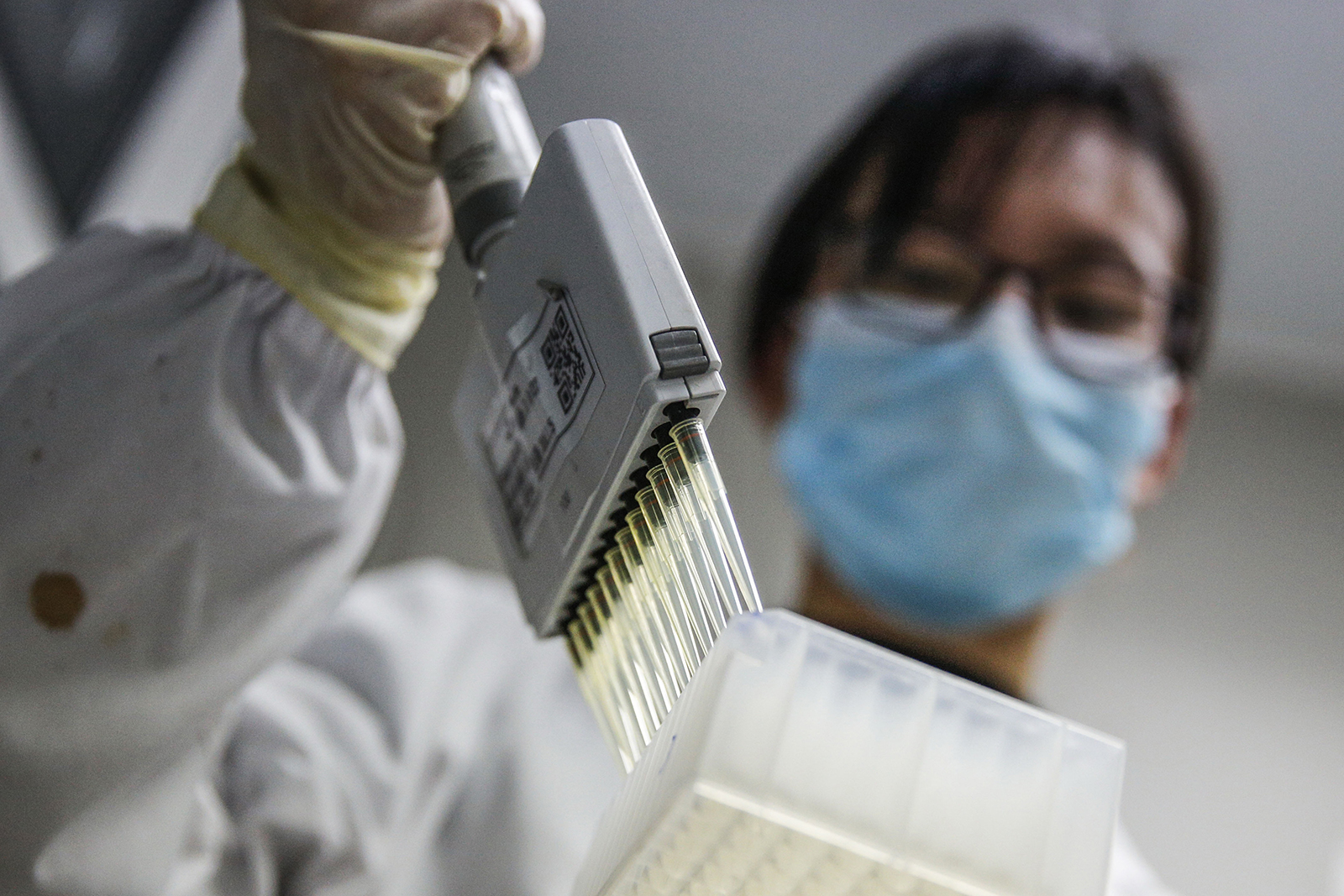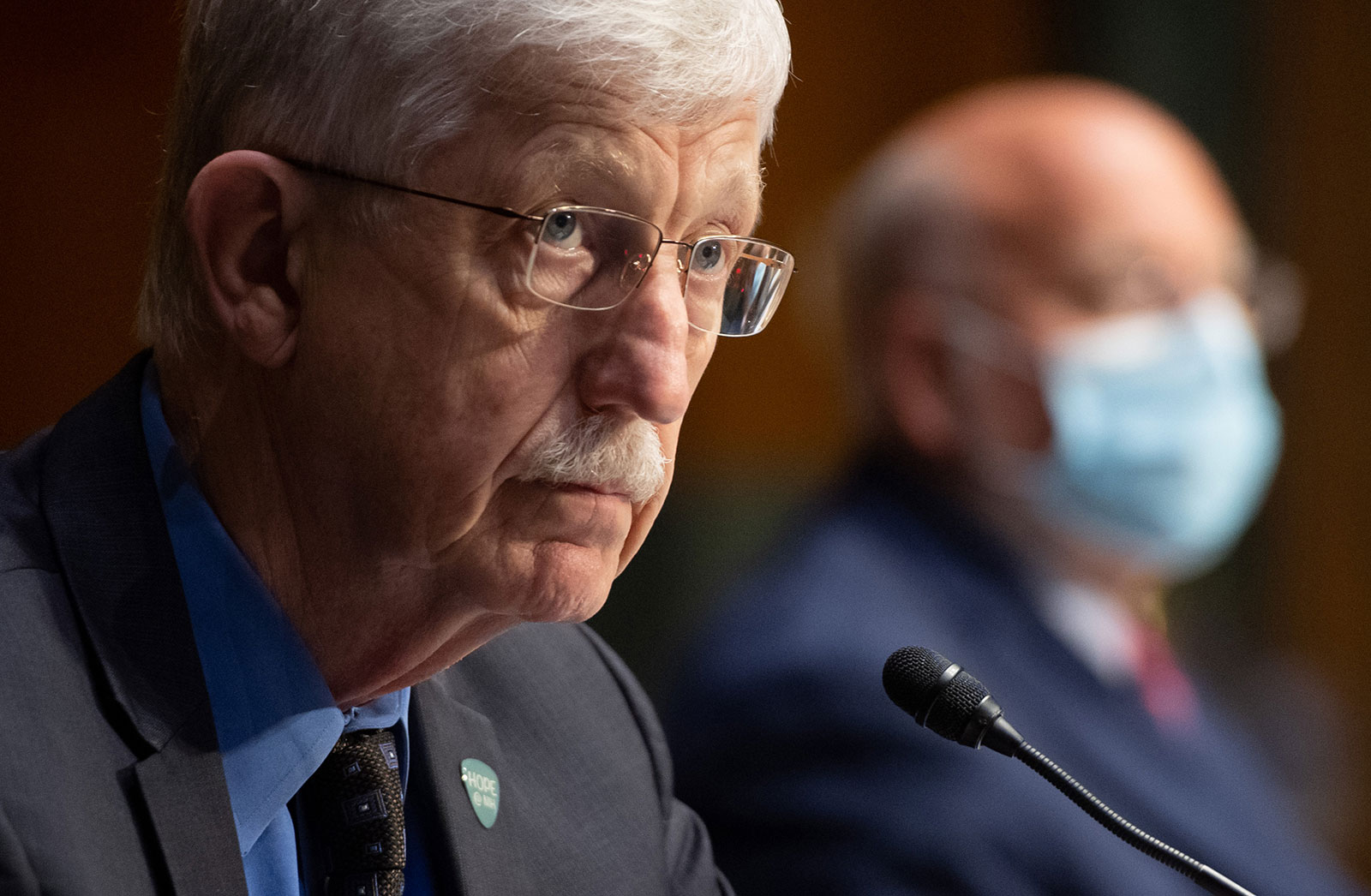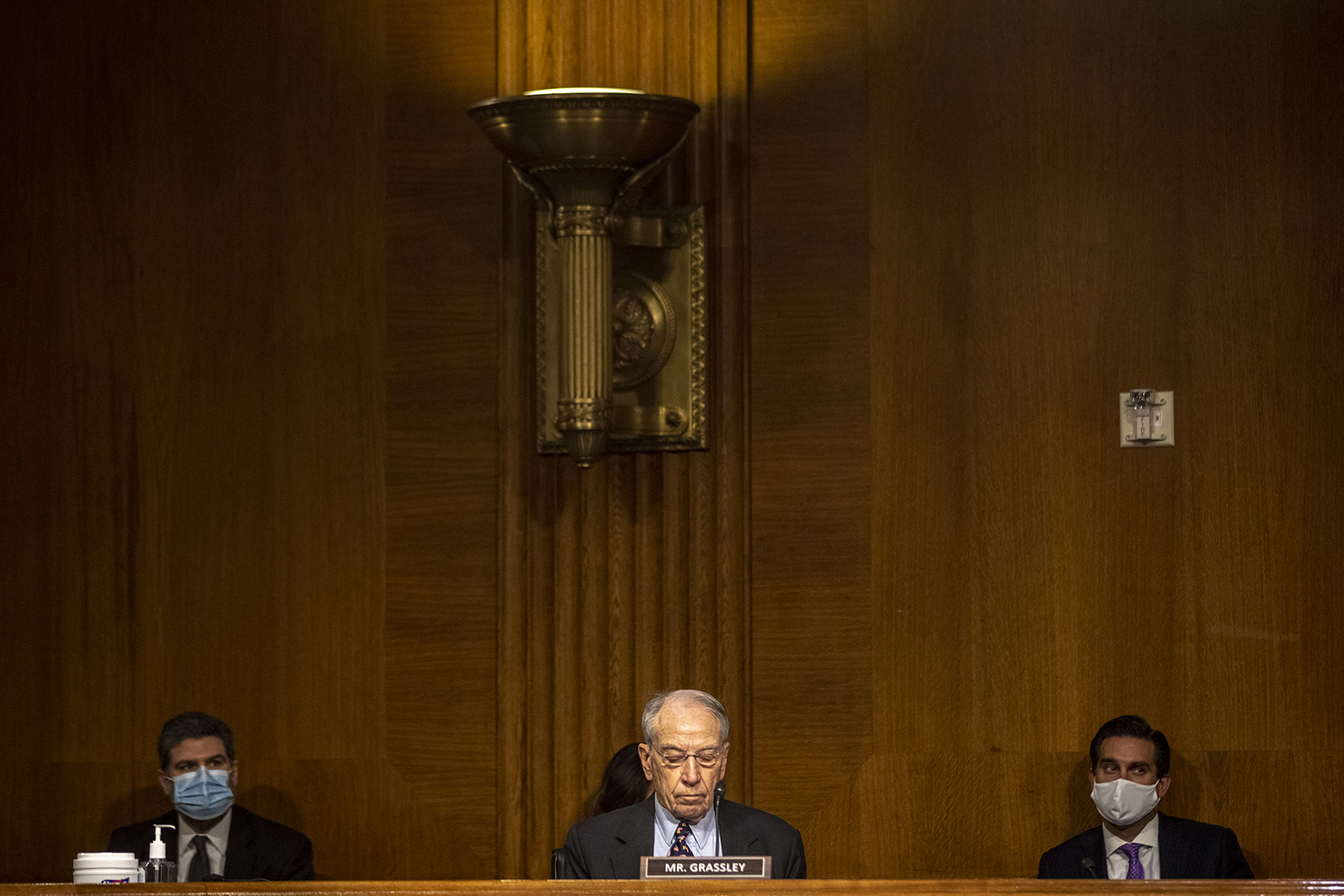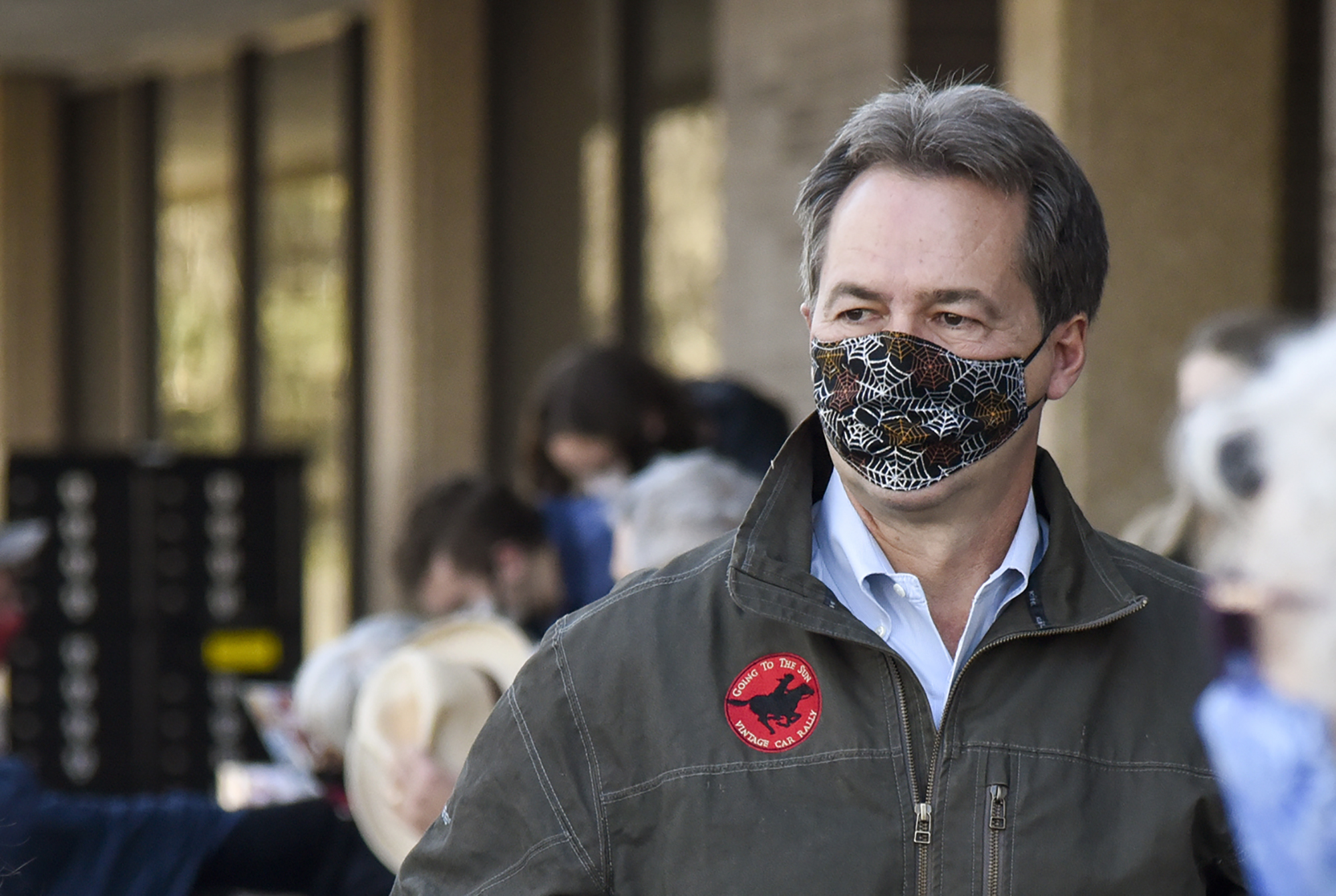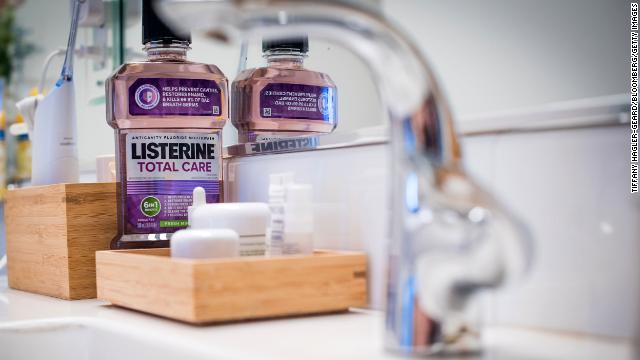A study trending on social media suggests an ingredient found in mouthwash can kill the novel coronavirus. But mouthwash is unlikely to ever be a solution to the pandemic, or even someone’s own personal protection plan, doctors tell CNN.
That’s because many things can kill a virus on contact, but they’re not going to stop the source of the virus.
“Yes. There is some data out there – I am not saying it’s great data – that fill-in-the-blank substance inactivates or inhibits replication of coronavirus,” Dr. Graham Snyder, associate professor in the Division of Infectious Diseases at the University of Pittsburgh School of Medicine, told CNN.
Alcohol, chlorhexidine, hydrogen peroxide and a range of other compounds can all kill viruses on contact or shortly after.
But none of the studies recently released on preprint servers shows they can reduce the risk of either catching or transmitting the virus, Snyder points out.
Inside the human body, the virus is constantly replicating in the upper respiratory tract – in the nose, the sinuses, the throat, bronchial tubes and lungs.
“It is still in your nose, in the fluid on your vocal cords, and in your lung airways,” said Dr. Donald Milton, who studies the transmission of viruses at the University of Maryland.
“All of these and especially the vocal cords and lung airways are major sources of the virus in the air,” Milton told CNN.
“When we exhale, cough, sneeze or what have you, virus could be coming from any of those places,” Snyder said.
While using a mouthwash or some kind of oral rinse could in theory reduce the amount of virus or bacteria in someone’s mouth for a short period, it’s not possible to sterilize a human mouth, and any microbe will grow back again in a fairly short time.
“You can’t sterilize your mouth. It is never going to be totally free of pathogens,” Snyder said.
Mouthwash or other disinfectants also will do little to protect someone from inhaling virus, said Dr. Leana Wen, emergency physician and visiting professor of Health Policy and Management at the George Washington University School of Public Health.
“Washing your mouth or nose won't prevent the virus from being breathed in. But wearing a mask does – and so does keeping good physical distance,” Wen said.
